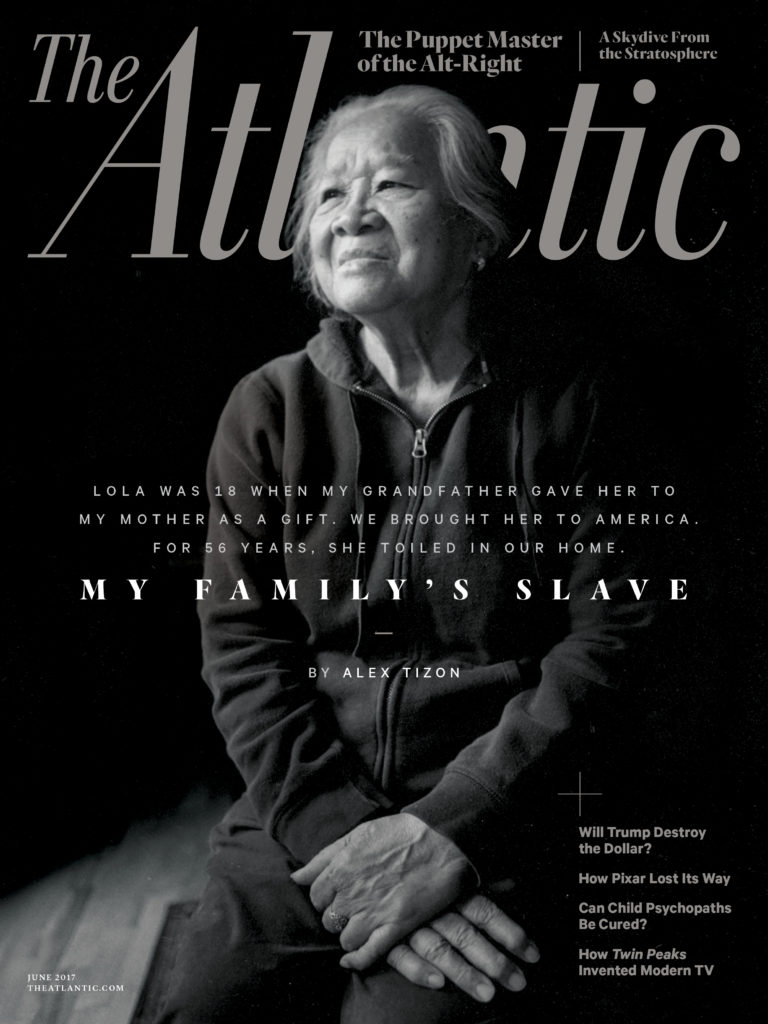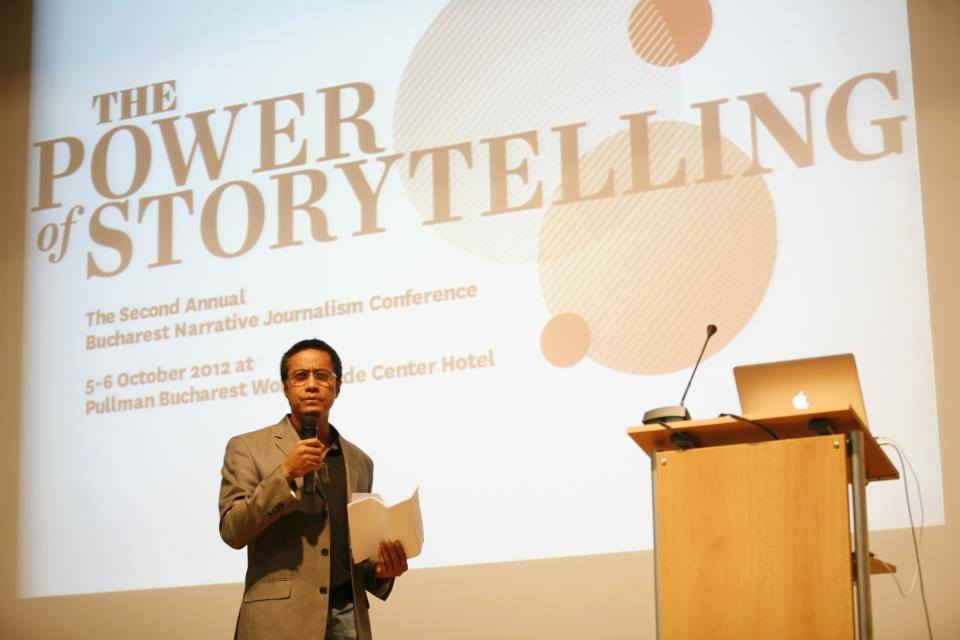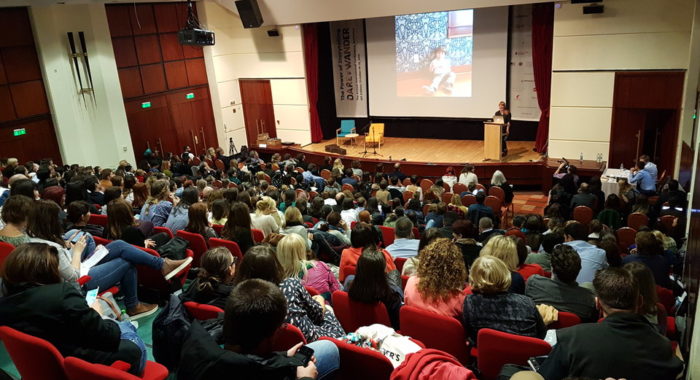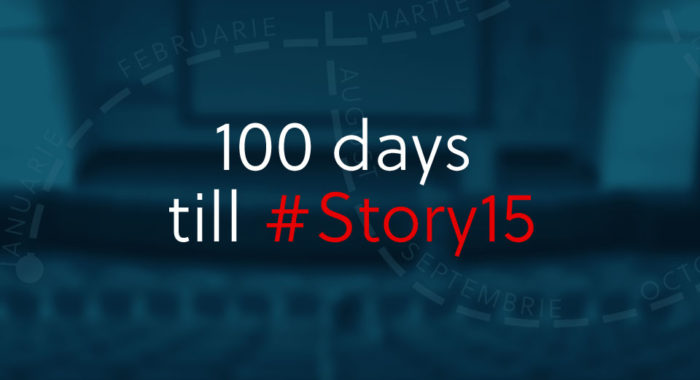Jacqui Banaszynski, a Pulitzer Prize winning journalist and teacher whose career spans four decades and seven continents, who has supported The Power of Storytelling since its inception and will be joining us for the seventh time in October, just published a moving review of the late Alex Tizon’s viral story for The Atlantic, My Family’s Slave.

Tizon wrote a personal account about modern-day slavery focusing on the life and struggles of Lola, the slave his family kept and who the writer was very close to. The piece, published just a few weeks after his sudden death in March 2017, “drew a firestorm of criticism”, Banaszynski noted, but created a space for debate about writing from one’s own experience, journalistic responsibility and discerning between moral affinity and admiring one’s mastery of narrative structures.
“It is the saddest of ironies that Tizon didn’t live to see the publication of Lola’s story,” Jacqui wrote. She believes My Family’s Slave became his best work and that with this story he found his voice.
However, the media community had very strong reactions to the story coming out. Alex Tizon was a respected, Pulitzer Prize winning reporter and visiting lecturer at the Poynter Institute, with a solid reputation as a journalist and educator. We had him at the conference twice, in 2011 and 2012, and were immensely inspired by his lessons. And this impeccable reporter came from a family that held a slave – someone who lived with them, worked for them, cared for the children, without ever getting paid.
“My own reaction to My Family’s Slave was clouded by a stew of emotions I’m still sorting out. (…) I knew then that Tizon was writing a profile of Lola. Though I was as pained as anyone by what it revealed, I was thrilled to see it in print. The writing not only shone with mastery, but with a comfort of mastery that comes only after decades of self-doubt,” Jacqui wrote for Nieman Storyboard.

Tizon had spoken to her about Lola, whom he loved very much and said was closer to him than his own mother, and her death seven years ago left him with conflicting feelings and the need to tell her story, to give her the voice she never had. As far as the criticism the piece received on social media and in the comments’ section on The Atlantic’s website, Jacqui wrote that she understands people’s anger.
“I don’t dismiss the outrage sparked by the revelations in “My Family’s Slave.” But I hope this doesn’t become an asterisk that overshadows the trove of a storied career, including a team project that won the 1997 Pulitzer Prize for investigative reporting. Instead, I hope Tizon’s final story becomes the first chapter in a larger narrative. I’ve since read several thoughtful pieces by people inspired to reconsider their own family secrets,” Jacqui highlighted.
She also said Tizon’s story is not only important (no matter whose side you’re on), but it also made a huge impact on people’s emotions. “Tizon’s story, on its own, did not change laws or close down systemic corruption. But perhaps it will do something even more important, which is to open our eyes to people who often go unseen.”
In terms of how good the piece is, her opinions are firm: “You might not like the piece he built, but the construction is nearly flawless”.



